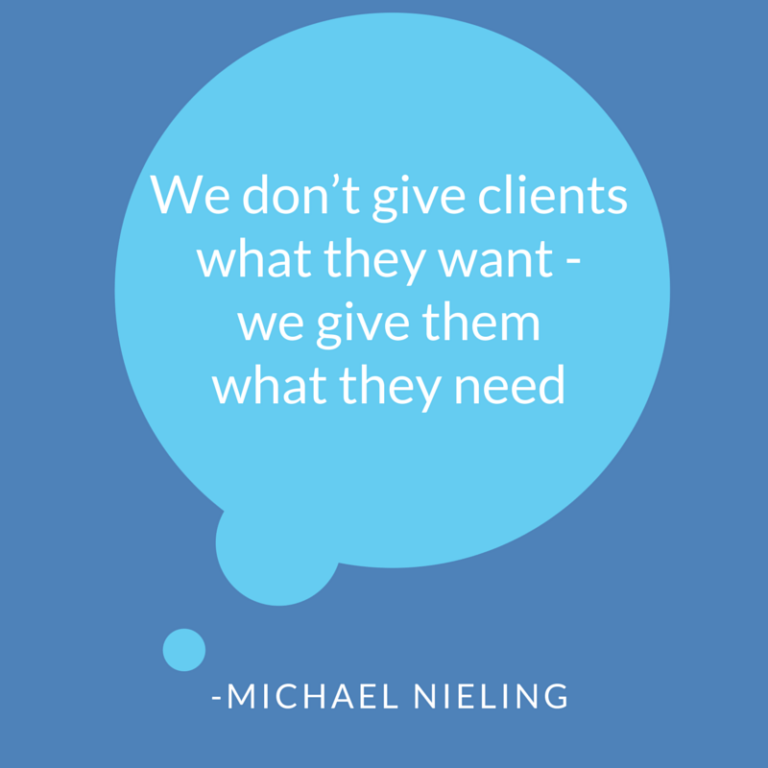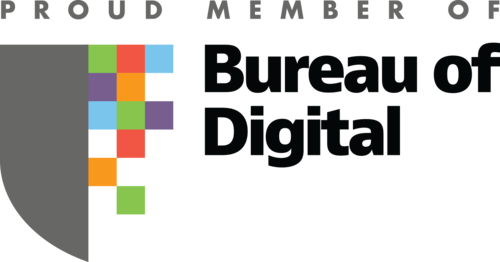Managers who are struggling tend to fall into three different vicious cycles, but there is hope out of at least one of them, and it isn’t hard. At least that’s what I learned from Michael Bungay Stanier, who taught one of the Master Classes at the 2016 99U Conference.
According to Stanier, author of The Coaching Habit, saying less can actually have a greater impact — it just takes some rethinking how we react to questions and a little practice.
His class was vibrant and lively — he was so good at telling a story. I highly recommend seeing him speak in person if you can, or reading the book. But I will try to give you a little insight until you can.
So what are the three vicious cycles?

- The Overdependent Team
This is when you have a team that keeps coming to you for advice. The more they come for advice, the more you give them advice. And the cycle goes on and on. - Sense of Overwhelm
This happens to me a lot. When you feel overwhelmed by the work, you lose focus. And the more you lose focus, the more overwhelmed you become. - Sense of Disconnect
This happens when you become disconnected from the work that matters. The more you give up, the less impact you have. And it goes on and on.
What is work that matters?
We’re talking about work that is meaningful, energizing. You feel like you are making an impact. You’re stepping to the edge of who you are and pushing boundaries. In fact, you might even feel like an imposter. This is the stuff you want to do, but as managers, you might feel like your work is just keeping you busy. Even downright bad. What’s more, not only are you dealing with your own tasks, but your team keeps coming to you for advice, because they are overdependent on you.
This is not what you want
I saw a lot of parallels with the overdependent team and software project management. In traditional project management, the project manager directs the team and the team becomes more and more dependent on the PM to tell them what to do.
I tried this for a little while. It sucks.
I broke this habit by implementing Agile on my team. But you don’t have to go Agile to break your team of dependency. In fact, it just takes a different way of talking to them.
Tell me more, Cindy
Alright, you twisted my arm.
Say you have a team member that comes to you for advice. They have a problem. Rather than jumping in and immediately giving them instructions or advice, try listening and asking specific questions to help get to the bottom of the issue.

I actually tried this quite recently with one of my team members who was very stressed out and agitated. I sat down with the person and asked:
- What’s on your mind?
And then, I kept my mouth shut. I let the person talk it out. They had an issue with childcare and schedules changing. I was tempted to jump in with a solution, but I simply nodded and listened. And then I asked: - What’s the real challenge here?
My team member was a little taken aback by this question. It took them several minutes to think through how to answer, but they eventually did. Again. I kept my mouth shut and just listened. When they got to a stopping point I asked: - And what else?
My team member seemed confused by this question. But they started talking outloud, and there was another issue bugging them too. They haven’t been sleeping well. Stress was really affecting them. I listened, but I sensed that wasn’t all, so I asked them again — And what else? And that’s when we got to the root of the issue. They were worried about the business. And would we make it? Afterall, we’re a start up, and the company is young and small. Small business is risky by nature. Ding ding ding! But rather than give that person advice, again, I asked another question. - What do you want?
This is where my team member managed to solve their own issue. They came up with solutions for working through their concerns and worries. I’m not sure I followed up on that, but Stanier recommends asking: - What was most valuable here for you?
This way you have an idea of what you’re doing right with you team.
It may not seem like just asking questions and listening is going to fix things, but it can have a real impact. When people give advice, it’s usually really bad. And sometimes we’re advising people how to solve a problem that wasn’t even the big issue! Imagine if I had stopped my team member when they were talking about childcare. We never would have gotten to the root of the issue!
And once you’re there, most of the time, people know what they need to do to fix it. It was figuring out what was really bothering them that was the hardest part.











